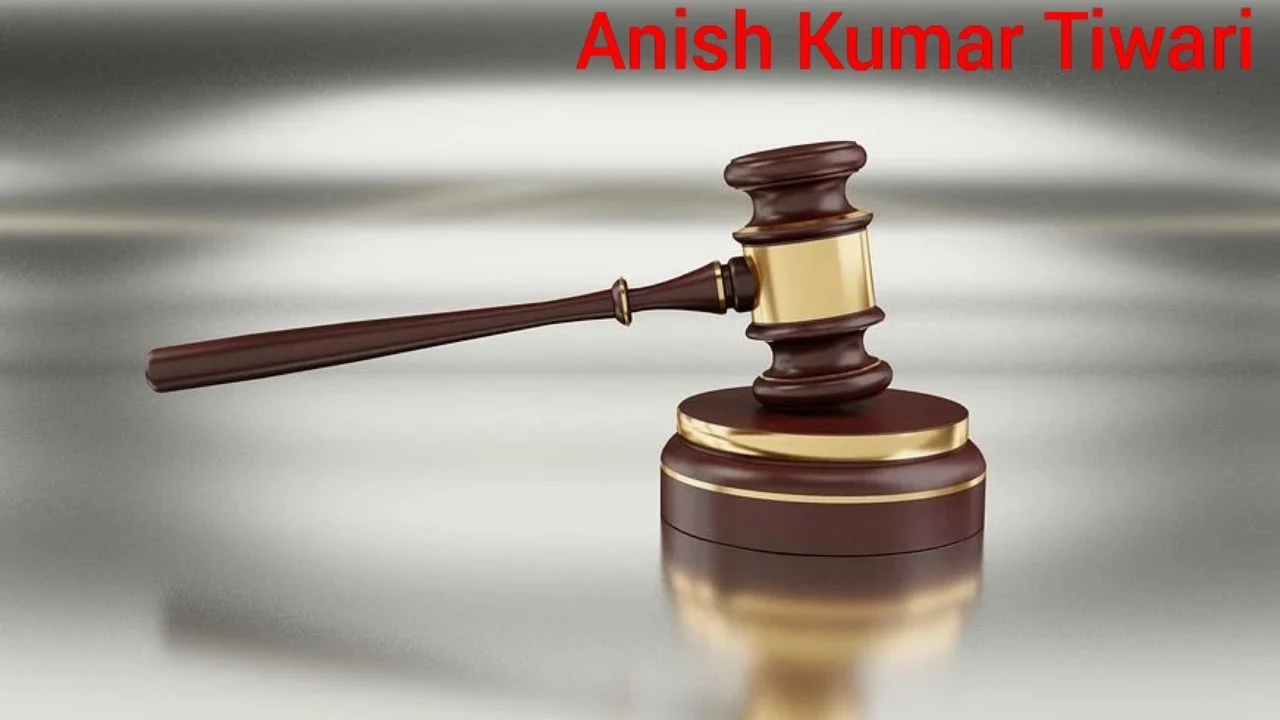
Hello friends, many of you guys are searching of Nepali laws, law of Nepal, law in Nepal but you were not getting your answers that's why today I have written this article about Nepali laws or Law of Nepal.
I think you will enjoy this article by reading. So read this article till the end then you get some information about Nepali laws, law of Nepal and how to check available law in Nepal.
Meaning of Law
Law is a body of rules made by state to secure the rights and duties of it's citizens and the way of governance. Law regulate human behaviors and maintain peace and security in the society. Law is the means of justice while justice is the ends of law. It's mean law is a means to achieve justice.
The main aim of making law is providing justice to the victim and punishment to the criminals. Law is made for maintaining civilized society. Law prohibits illegal activities which maintain peace in the society. Law also control, regulate, and direct government functions as well to run the country smoothly.
Nepali Laws (Nepali Laws/Law in Nepal/Law of Nepal)
The law of Nepal is called Nepali laws. All those law made and applied by the government of Nepal under it's territory is called Nepali laws. Nepali law is applicable to Nepal only, not to other countries. Nepalese citizens are only obliged to follow rules and law made by legislature of Nepal.
Every citizens of a state must have the knowledge of law available in their country because there is a popular principle of law that ignorance of law is no excuse. That's why it is also important for everyone to keep knowledge of law of their countries. Therefore, Nepalese people should also keep knowledge about Nepali laws (law of Nepal).
Law in Nepal (Nepali Laws, Law Of Nepal)
There are various kinds of law in Nepal. In every country, various kinds of law are made to regulate and control different area of society. Nepal has also made many law in Nepal to control, regulate and direct different area of society and country.
Law is of various kinds by its nature like civil, criminal law, private, public law, substantive law, procedural law, administrative law, national law, positive law, natural law. But law is mainly classified into two kinds i.e. civil law and criminal law.
Law is also classified into general law and specific law. General law is a body of law in which, the laws relating to everything is mentioned. It is applied first if any dispute arises in court of law. But there is a specific laws regarding to dispute then that specific law operates.
In Nepal, the constitution is the source of all law and grudnorm of the state. Because according to article 1(1) of the Constitution of Nepal 2015, every law should be consistent with the provision of the constitution otherwise that law may be void.
The Muluki Ain 2017 of Nepal is general law of Nepal while Act is specific law. The Muluki Ain is divided into five parts i.e. National Civil (Code) Act, National Civil Procedural (Code) Act, National Criminal (Code), National Criminal Procedural (Code) Act, and Penal Code Act. The example of specific law in Nepal are Children Act, 2018, Environment Protection Act, 2019 etc.
Nepal Law Commission
Nepal Law Commission is a statutory independent body established by Nepal Law Commission Act, 2007 to keep the law under review and recommend to reform made by Legislature of Nepal. Anyone can read Nepali laws or law of Nepal through anywhere just by visiting the website of Nepal Law Commission. There you will get every law of Nepal or Nepali laws you needed.
From the above information, I think you have become clear about Nepali laws, law of Nepal and law in Nepal topics. If any questions or things you have to ask then feel free to comment below. I will respond to your comment as soon as you comment. Thank you for reading this article.
